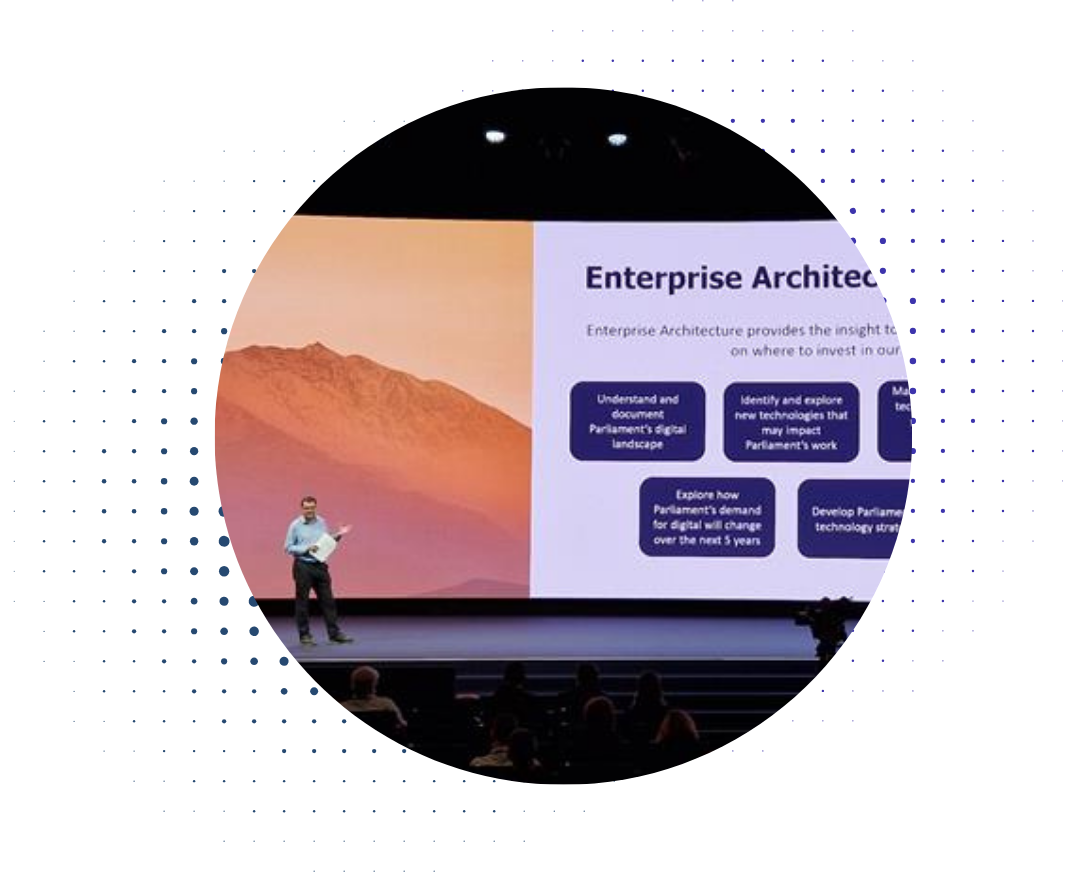As France stands on the brink of a transformative digital era, its enterprises face a decisive moment. The global shift towards cloud computing marks a pivotal change not merely in technology infrastructure but in the very fabric of business operations. This transition, driven by the demands for agility, scalability, and innovation, poses a question of strategic urgency: Is France poised to embrace the cloud, or does hesitancy threaten its competitive standing on the global stage?
The strategic imperative for cloud adoption
According to Nord France Invest, France is “only 48% mature in terms of the digital transformation of its businesses”. In a world increasingly dominated by cloud-centric operations, the necessity for French businesses to migrate to the cloud transcends mere technological upgrade. It represents a fundamental shift essential for survival in the digital age. In fact, 85% of organizations will be cloud-first by 2025, according to Gartner. Those that fail to follow this trend will be unable to fully execute on their digital strategies. The cloud emerges not just as a technological evolution but as the very foundation of future business competitiveness, enabling rapid response to market dynamics and consumer demands.
Navigating cybersecurity in the cloud era
The transition to cloud computing, while promising unparalleled scalability and operational flexibility, introduces complex cybersecurity challenges. France's National Cybersecurity Agency (ANSSI) has sounded the alarm on the escalating threat landscape, with ransomware attacks surging by 30% in 2023, according to its 2023 Cyber Threat Overview. All industries are susceptible to this increase, underscoring the imperative for advanced, continually evolving security measures—a hallmark of cloud solutions. The adoption of cloud technology, therefore, is not just a strategic move towards innovation but a critical step in fortifying cybersecurity defenses.
A clarion call to CIOs and CTOs
At this juncture, the onus falls on the shoulders of CIOs and CTOs, the stewards of technological innovation and strategy within their enterprises. The move to the cloud presents not just an opportunity for technological advancement but a litmus test of strategic foresight and leadership. Research delineates the high stakes involved, indicating that the cloud can provide value by reducing costs, increasing business agility and competitive advantage, and driving innovation. Thus, the pace and decisiveness of cloud adoption may well determine the future trajectory of French enterprise success.
The competitive edge of cloud technology
Hesitation or delay in embracing cloud technology not only signifies a missed opportunity but heralds potential obsolescence in a digital marketplace where agility and innovation are paramount. The adoption of cloud infrastructure is more than a technological transition; it is a strategic imperative to harness the potential of artificial intelligence, machine learning, and the Internet of Things. This is the bedrock upon which future enterprise innovation will be built, offering a blueprint for scalable, flexible, and secure business models that can adapt with unprecedented speed to changing market demands.
In conclusion: A strategic imperative
As France navigates the complexities of the digital age, the imperative for cloud adoption has never been clearer. The decision facing CIOs and CTOs is not merely about technological upgrades but about embracing a strategic vision that aligns with the future of global business. The transition to the cloud is a decisive step towards securing a competitive edge, fostering innovation, and ensuring cybersecurity resilience.
The question for French enterprises is no longer if they should move to the cloud, but how swiftly and effectively they can make this transition. In this digital race, the cloud is not just the finish line; it is the very path to innovation, competitiveness, and security in the 21st century.
Written by Laurent Bignier, Vice President – Global Operations and Country Manager – France, Orbus Software




.png)


